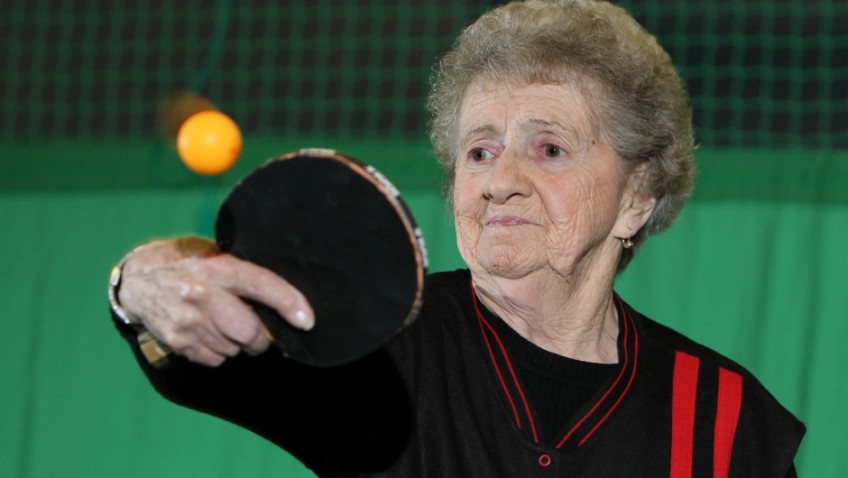That’s the stark warning from a report launched today by the Sport Wales Advisory Group who – in a UK-first – have worked with trend forecasters to predict the future of Wales and how sport can remain relevant, available and attractive to everyone in society.
The report, Acting Today for An Active Tomorrow, claims that an increasingly ageless society, digital technology and an ‘on demand’ culture will have serious implications on the future of Welsh sport. And unless action is taken now, the future is bleak:
“Sporting authorities in Wales are understandably focusing short-term attention on funding cycles while nearly 10 per cent of four and five year olds in Wales are classed as obese,” explains the Chair of the Sport Wales Advisory Group Helen Humphrey. “The world around us is certain to undergo transformations in the way we live, work and play over the next 12 years, we must take action now to make sure sport is still relevant to people’s lives in the near future.”
The report reveals that the nature of ageing is changing with the ‘baby boomers’ currently making their way towards pension age with a very different outlook to previous generations.
“There are an increasing number of Welsh people who are in their 60s and 70s and older who are running the Cardiff half marathon or they’re clocking up countless miles on their bike. They’re regulars down the local tennis club.
“Perhaps previous generations at that age may have felt ‘older’ – but that is increasingly not the case anymore. Against the backdrop of an ageing population, sports providers need to consider how they are to accommodate and exploit an ‘ageless society’ which refuses to be pigeon-holed.”
Unsurprisingly, digital technology also features in report’s recommendations of trends that will impact on the future of sport. Having already hugely transformed the way we communicate, our social media streams are already filled with others sharing their sporting achievements using health apps like Nike+, Map My Run and Strava.
Humphrey adds: “A visit to Facebook isn’t complete without seeing a friend sharing a status on the 10km run or ride they’ve done before work. But are sporting organisations analysing or gaining insights from this ‘big data’?
“There’s a huge opportunity to do this, packaging and promoting their offering in a way that will resonate with tomorrow’s online athlete. This online sense of community can help those who train alone feel part of a team, but increasingly there’ll be a digital exclusion issue around those who don’t have the technology and have this alternative route to participation closed off.”
The Deputy Minister for Culture, Sport and Tourism, Ken Skates, who will be speaking at today’s launch of the report, said:
“This is a unique piece of work and an important insight into future trends that we need to plan for today. We all know how quickly advancements in technology have developed over the last ten years and how prominent current forms of social media are in our everyday lives. If we are to successfully improve the health of the nation, we need to make sport and physical activity relevant, accessible and appropriate for now and in the future. I welcome the report and look forward to seeing how key stakeholders use the insight it provides, to package and promote sport and physical activity for tomorrow’s people and communities.”
The report also highlights that team sports – with their regular training sessions and scheduled games – face a huge battle. Competing against other pressures such as family, work and leisure activities, team sports will need to be innovative and flexible in order to survive.
Humphrey explains that consumers have now become used to an ‘on demand’ culture and pay-as-you-go providers in non-traditional exercise activities have a big opportunity to suit tomorrow’s choosy customers:
“Society has a vested interest in team sports becoming more flexible in the future as the skills developed in these situations are transferable across the workplace and social relationships, and it may be new versions of traditional team sports, such as rush hockey and tag rugby which continue to see growth.”
The Sport Wales Advisory Group is made up of an independent, voluntary group of experts across a range of sectors. It reports to the Sport Wales board and is now calling on the sport sector to work with health, education, political and business stakeholders to establish a working group to take action on the implications of the report.






